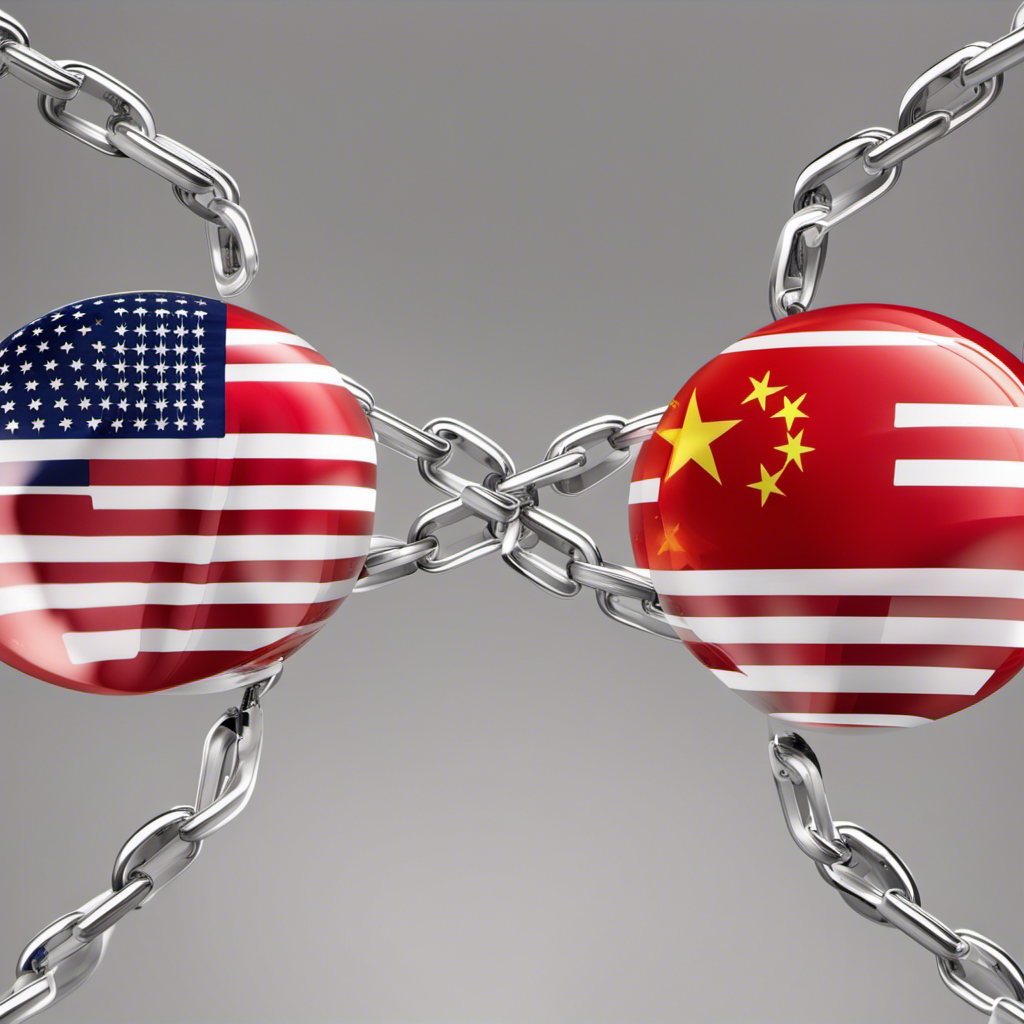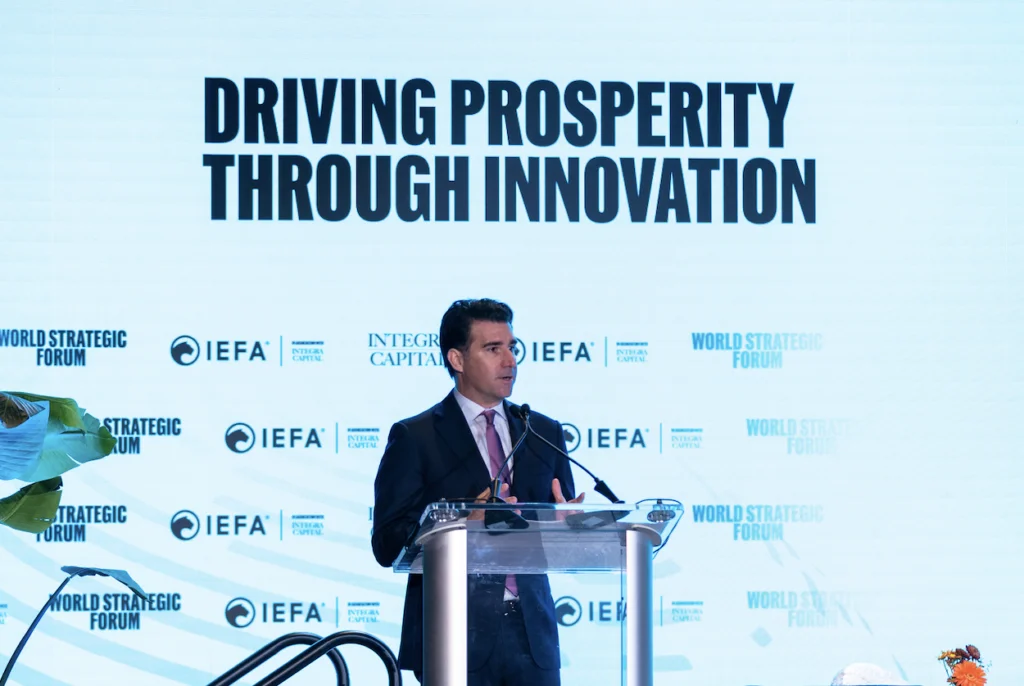Insider Brief
- The New York Times reports the US and allies are faced with balancing quantum protectionism with quantum cooperation.
- Tougher US export controls for quantum technology might inadvertently stifle momentum.
- Much of the protectionism isn’t aimed at US allies, but at vital technology falling into the hands of the Chinese.
In a rapidly evolving world, technology’s pace is accelerating, and nations are racing to harness the potential of quantum technology. The United States, along with its allies, faces a delicate challenge of striking a balance between protectionism and cooperation in this transformative field, The New York Times reported.
According to the news paper, the United States is contemplating tougher export controls for quantum technology. While these measures aim to safeguard critical advancements, some allies fear they might inadvertently stifle momentum. The American model of tech development relies on openness, merging public research funding with private investment to support scientists from various countries. This openness has been crucial to its strength, but the changing landscape poses new challenges.

According to The New York Times, quantum technology’s potential is immense, enabling groundbreaking applications such as highly sensitive sensors, secure communication systems, and superfast quantum computers. These advancements could revolutionize artificial intelligence, drug discovery, finance and other industries.
China, in particular, has emerged as a formidable competitor in the quantum race, the article points out. With significant government investment, it has created a national laboratory for quantum science and published numerous papers showcasing critical advances.
The rise of China’s quantum expertise has prompted some Western nations, including the US and Australia, to reconsider technology-sharing practices, according to the newspaper. Australia, in an effort to safeguard its own advancements, has been exploring ways to keep sensitive information secure. As a result, quantum companies like Q-CTRL in Sydney have been cautious about sharing technical details with colleagues in the United States to avoid potential legal restrictions under the U.S. International Traffic in Arms Regulations (ITAR), as reported by The New York Times.
However, as reported by the newspaper, as quantum technology progresses, the need for international collaboration becomes increasingly evident. Talented quantum scientists are dispersed globally, making interdependence inevitable. Cutting-edge quantum leaders worldwide, including Q-CTRL, hope to capitalize on technology-sharing partnerships like the AUKUS security agreement, the newspaper reported.
“AUKUS, for us, is exceptionally important,” Michael Biercuk, Q-CTRL founder told the paper. “It’s a real opportunity for the homegrown capability we’re building in Australia to be deployed into an international framework.”
But moving sensitive technology across borders has become fraught with challenges and regulatory hurdles.
The key question facing the United States and its allies is how to navigate these complexities while safeguarding national interests, according to The New York Times. Striking the right balance between protectionism and cooperation is critical to fostering advancements in quantum technology without hindering its global potential.
As Secretary of State Antony J. Blinken and Secretary of Defense Lloyd Austin III hold bilateral meetings in Australia, Australian officials are likely to seek clarity on technology-sharing rules in rapidly-changing fields, as reported by The New York Times. Sensible and clear guidelines are essential for quantum companies to navigate the evolving landscape successfully. Australian officials, along with some American lawmakers, are advocating for exemptions from U.S. arms regulations to facilitate smoother collaboration between the nations, according to the newspaper.
For more market insights, check out our latest quantum computing news here.














